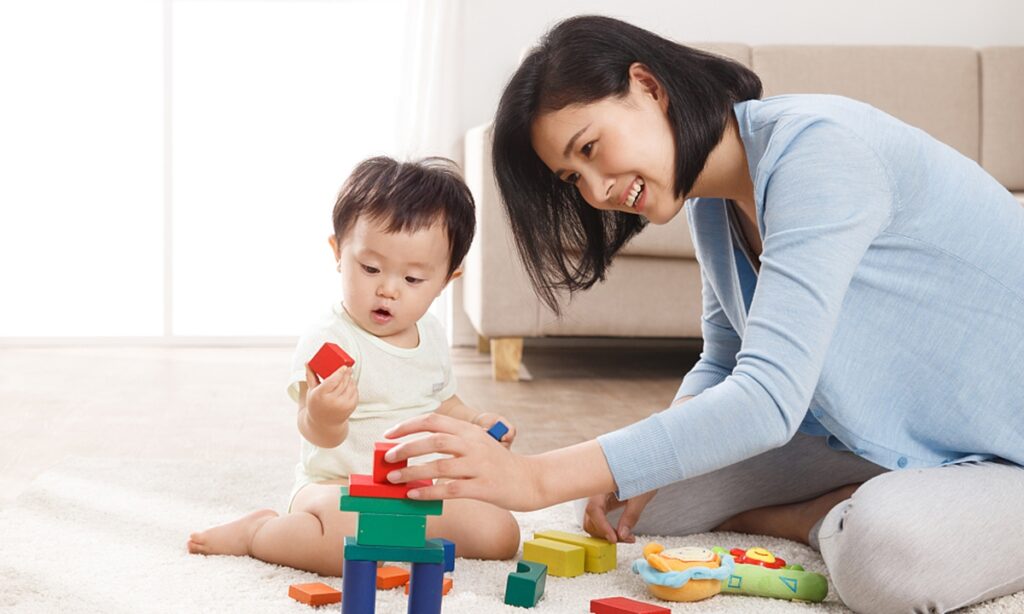Draft on a prospective parental leave system for both parents in places where conditions permit, together with canceling social maintenance fee and other restrictive measures, was submitted to China’s top legislature for deliberation on Tuesday, to better support its new third-child policy and long-term balanced population growth.
The fertility supporting measures, which were included in a draft amendment to the Population and Family Planning Law, were submitted to the Standing Committee of the National People’s Congress (NPC) and would be discussed on the session held from August 17 to 20.
In fact, some provinces in China have already introduced the parental leave systems for both parents, such as Northwest China’s Ningxia Hui Autonomous Region and East China’s Fujian Province.
Ningxia encourages enterprises to give 10 days of parental leave for each spouse every year to couples who have children aged below three years old, starting from November 1, 2019. While Fujian, carried out a similar policy since May 1, 2020.
Other fertility supporting measures such as easing the burden of family bearing, raising and education, improving the quality of services for birth and postpartum care, promoting the standardization of childcare services, and making service facilities for infants and mothers in residential communities and public places available, will be discussed during the session as well.
The draft amendment mainly focuses on carrying out the third-child policy, canceling social maintenance fee and other restrictive measures, and supporting the implementation of measures supporting child birth, Zang Tiewei, a spokesperson for the Legislative Affairs Commission of the NPC Standing Committee, said at a press conference on Friday.
The social maintenance fee is an administrative charge imposed on couples who have more children than allowed by the previous two-child policy.
China announced on May 31 it will further lift its family planning policy to allow each couple to have up to three children after the number of the country’s newborns declined for four years straight, a major policy shift from the previous two-child policy.
Photo: VCG



